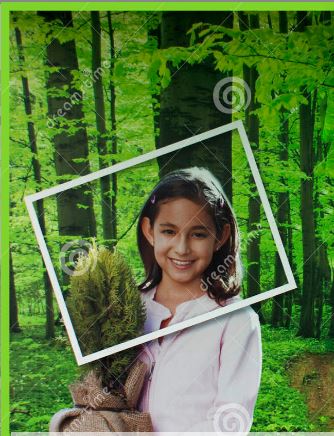by Aarefa Johari
What is the real purpose behind Khatna for girls? The Dawoodi Bohra community has been practicing this hidden ritual of female circumcision, also known as Female Genital Cutting (FGC), for centuries, with no public discussion on its need. It is only in the past year that the Bohra leadership has finally spoken out about why they expect the clitoral hoods of seven-year-old girls to be cut.
In June 2016, Syedna Mufaddal Saifuddin issued a press statement in which he described circumcision as an act of “religious purity”. This is similar to what a senior spokesperson from the community told Sahiyo in a private conversation last year: he claimed that the main reason for female and male circumcision, according to Da’im al-Islam (a 10th century book of jurisprudence), is hygiene or taharat – not just physical but also “spiritual” and “religious”.
Then in February 2017, a senior spokesperson for the community gave an anonymous interview to The Hindu, in which Da’im al-Islam was quoted again. Except, this time, the unnamed spokesperson said that Khatna serves to “increase the radiance on the face of the woman and the pleasure with that of her husband”.
Now, ever since three Bohras in USA were arrested on charges of FGC, several Bohra women who support Khatna have taken to social media to defend the ritual. All of these women claim that Khatna is done to increase sexual stimulation, and that it is “scientifically” and “medically” beneficial because it is “just like the clitoral unhooding procedure done in the West”. Some of these women also claim that Khatna is done to maintain genital hygiene.
And yet, this is not how most Bohra women have traditionally explained Khatna as they passed down the practice from one generation to another. In 1991, professor Rehana Ghadially interviewed around 50 Bohra women in an article called All for Izzat, and found that the most common reasons given for Khatna were: a) it is a religious obligation, b) it is a tradition, and c) it is done to curb a girl’s sexuality.
Since then, several independent researchers, activists and filmmakers have found the same thing in their countless interactions with Bohra women: a large majority of Bohras have consistently claimed that they cut their daughters either to moderate their sexual desires, or to unquestioningly follow a religious tradition. In fact, several Bohras refer to the clitoris as “haraam ni boti” or sinful lump of flesh.
Sahiyo’s research study of 385 Bohra women also found the same thing: the majority of respondents claimed that Khatna is done as a tradition or to curb sexual desire, and very few Bohras cited “hygiene”, “medical benefits” or “increasing sexual pleasure” as reasons for practicing Khatna. In fact, when filmmaker Priya Goswami was researching for her 2012 documentary A Pinch of Skin, a woman teacher from a Bohra religious institution clearly told her that the purpose behind Khatna is to control a girl’s sexual urges, so that she does not have premarital or extramarital affairs.
So why are the new social media defenders of Khatna now pushing out the opposite narrative, and claiming that female circumcision is meant to enhance sexual pleasure? What is the real purpose behind Khatna?
To understand this, let us look at what Islamic texts say about female circumcision.
There are certain Hadiths, particularly from the Shafi, Hanbali and Hanafi schools of Islam, which mention female circumcision as either permissible, honourable or as a sunnah (recommended) practice. Many Islamic scholars around the world have disputed the authenticity of these Hadiths. But even if we were to take them at face value, the main thing that these Hadiths prove is that female circumcision was already a prevalent practice in parts of Arabia at the time of Prophet Mohammed – it was not a new religious ritual introduced in Islam.
One Hadith that is frequently cited is Sunan Abu Dawud, Book 41, which contains this particular story:
“Narrated Umm Atiyyah al-Ansariyyah:
A woman used to perform circumcision in Medina. The Prophet (PBUH) said to her: Do not cut severely as that is better for a woman and more desirable for a husband.”
This same anecdote – of the Prophet cautioning the woman against cutting too much – has been interpreted and translated in slightly different ways by different scholars: some translate it as “do not cut off too much as it is a source of pleasure for the woman and more liked by the husband”, others have translated it as “…it is a source of loveliness of the face and more enjoyable for the husband”.
In Volume 1 of The Pillars of Islam (Ismail Poonawala’s English translation of Da’im al-Islam), on page 154, a very similar sentence is translated like this: “O women, when you circumcise your daughters, leave part (of the labia or clitoris), for this will be chaster for their character, and it will make them more beloved by their husbands”. This is what the spokesperson of the community, in his aforementioned interview to The Hindu, seems to have translated as “increase the radiance on the face of the woman and the pleasure with that of her husband”. (Italics added)
I am not an Arabic scholar, but it is evident from these various translations that different Arabic and Islamic scholars have interpreted the same message in slightly different and contradictory ways. What some interpret as an increase in the “radiance” or “loveliness” of a woman’s face (which is a reference to her sexual satisfaction – not literal radiance), others interpret as something “better” or “chaster” for a woman (which could be a reference to her sexual chastity).
All Muslims would agree that old Islamic Arabic is not easy to interpret, because its words are often ambiguous or have multiple connotations. But this ambiguity could help us understand why many generations of Bohra women have believed that Khatna is done to control a woman’s sexual desires, and why other Bohras can possibly use the same text to claim that Khatna is done to increase sexual pleasure.
In fact, this very argument was made recently by a fervent Khatna supporter and Sunni Islamic scholar Asiff Hussein. In a comment on the Facebook page of Speak Out on FGM, he explained the connection between “increasing pleasure” and keeping a woman chaste. He said:
“This [removal of the clitoral hood] necessarily leads to a satisfactory sex life among women, thus ensuring their chastity. The classical jurists were not such parochial men after all. They deduced from this one statement of the prophet what it really meant.”
In other words, by ensuring that a woman is sexually satisfied in her marriage, Khatna will ensure that she does not stray out of marriage. This connection between the multiple interpretations of the Prophet’s words does sound plausible, and if it is to be believed, then Khatna does boil down to sexual control of women!
But do we really need to control or enhance women’s sexuality in any way?
At the end of the day, it doesn’t matter what reason you choose to believe in, because no reason can justify the practice of cutting a girl’s genitals, however “minor” the procedure.
No one has the right to curb or control a woman’s sexual desires, or to tell her to be chaste. These are patriarchal ideas that have no place in today’s world. Similarly, no one has the right to try and enhance the future sexual life of a young girl by altering her genitals. Seven-year-old girls should not be sexualised at all; they don’t even understand sex or the functions of various genital organs. Why can’t we leave their genitals alone, untouched, the way they were naturally born?
Remember, the clitoral hood serves an important purpose: it protects the clitoris from over-stimulation, abrasions and injury, and it naturally retracts during sexual arousal to allow exposure to the clitoris. It does not need to be cut in order to expose the clitoris. We must understand the natural functions of our body parts before artificially altering them with a blade.
Instead of blindly claiming that Khatna is the same as “Western” clitoral unhooding, we must understand that clitoral unhooding is not performed on unconsenting minor girls. It is chosen by some adult, sexually active women only if they have problems such as too much prepuce tissue coming in the way of orgasms.
And finally, if you think that the purpose behind Khatna is taharat, then remember: physical hygiene can be maintained very well with soap and water, and the key to achieving “spiritual” or “religious” purity lies not in a person’s genitals, but in their thoughts, words and deeds.
This article was published in Gujarati on January 2, 2018. You can find the Gujarati version here.

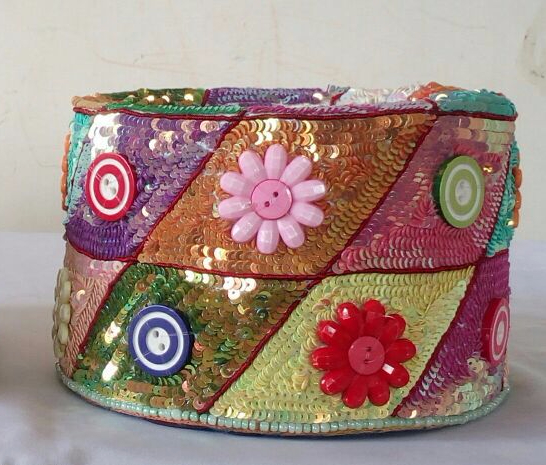
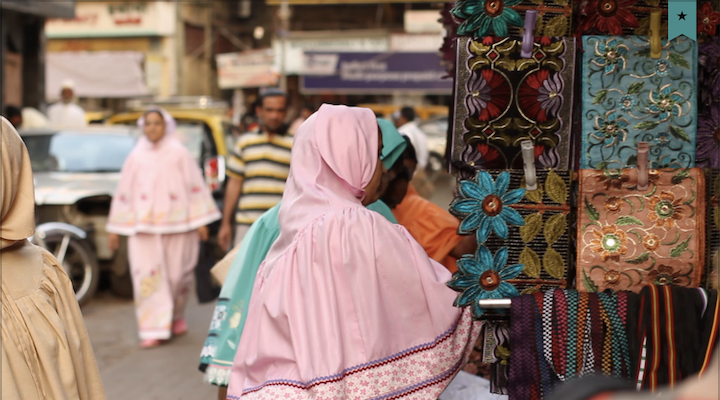
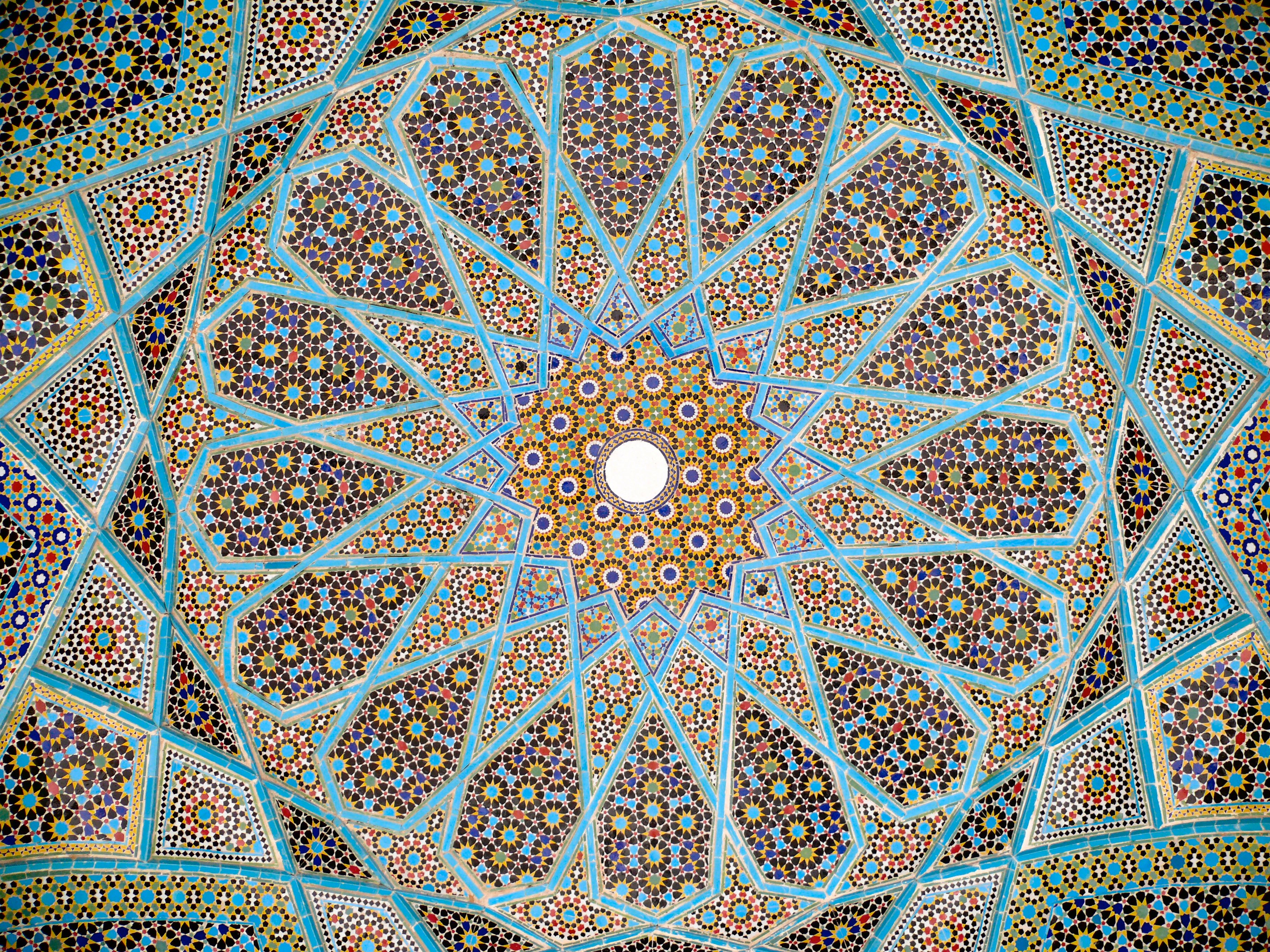
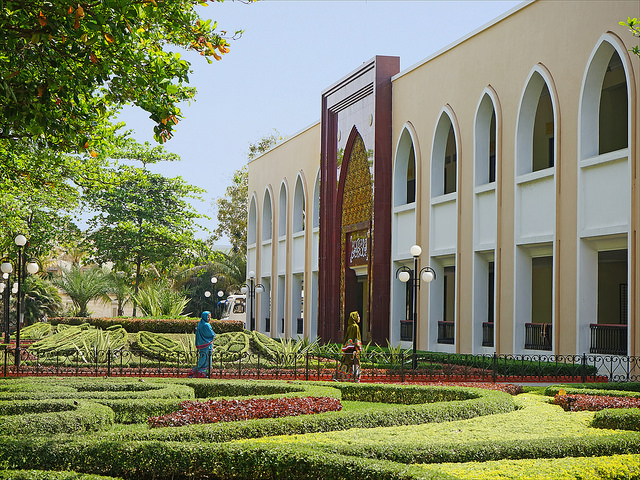
 The first time we were intimate she began crying uncontrollably. She told me what had been done to her. She herself didn’t know what had been done to her until she learned about it in college. She felt an electric shock like pain down to her toes when it was done, but I was the first to be rocked by the waves of that ripple effect. She felt scarred and damaged. She wanted so bad to connect with me intimately, but it could never happen. That had been stripped away from her along with her ability to be a complete woman, against her will, as a minor. We worked through it together. I went to her counseling appointments. I reassured her that our love would only grow stronger, but she and I both knew no one could ever give back to her what was lost in that moment.
The first time we were intimate she began crying uncontrollably. She told me what had been done to her. She herself didn’t know what had been done to her until she learned about it in college. She felt an electric shock like pain down to her toes when it was done, but I was the first to be rocked by the waves of that ripple effect. She felt scarred and damaged. She wanted so bad to connect with me intimately, but it could never happen. That had been stripped away from her along with her ability to be a complete woman, against her will, as a minor. We worked through it together. I went to her counseling appointments. I reassured her that our love would only grow stronger, but she and I both knew no one could ever give back to her what was lost in that moment.
